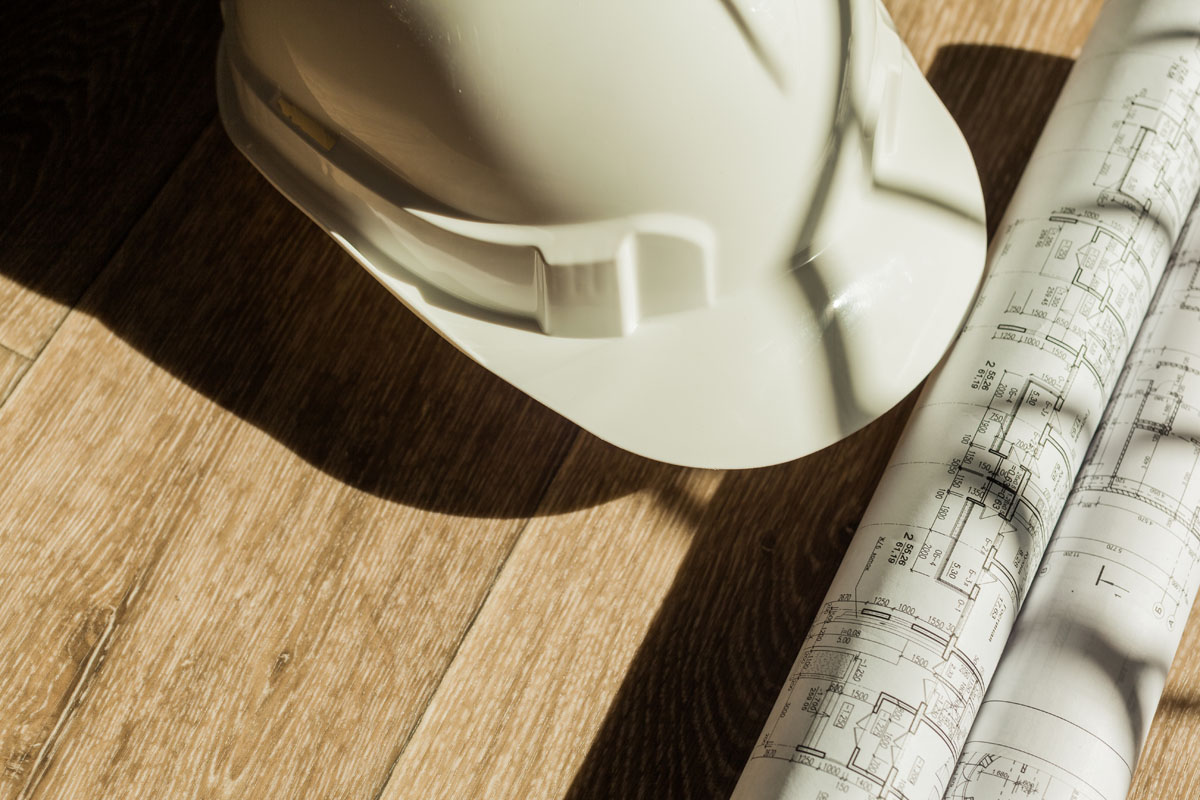A construction lien is an assertion made towards a property by builders, contractors or subcontractors that hasn’t been paid for construction completed on that property. These types of liens are created to safeguard professionals from the result of not getting paid for services provided.
A construction lien is going to make it challenging or not possible to sell or refinance a property since it makes its title obscure. In worst-case scenarios, it could force a sale of the build for providing the compensation.
Key Take Aways
- Contractors and/or subcontractors can file a construction lien towards a property when the owner hasn’t paid for work finished on it.
- A lien is going to make it challenging or impossible to sell or for refinancing a property.
- When you are displeased with the quality of work finished, it’s your responsibility to find a resolution.
The laws in relation to construction liens differ by state. In some laws, it might be known as a mechanic’s lien.
Construction Lien Explained
If a property owner is displeased with the work completed by a contractor or other professional, merely not paying the bill is not going to resolve the issue. When the contractor has used a subcontractor(s) and hasn’t paid them, the home owner might be liable to pay them, and a lien may be used to guarantee payments are made.
A property owner that is displeased needs to discuss the quality of the work with their contractor and find an agreement to correct any issues.
A productive resolution finalizes with a supposed release of lien, which is a document that cancels the lien.
General Rules for Construction Liens
Even though state laws differ, construction liens can typically be filed only when there is a written contract detailing the nature of the work, the materials needed to be used, and the agreed cost for the work. Many states have varying laws for liens towards residential and commercial properties.
Avoiding a Construction Lien
When you’re having a remodeling project done, be sure it’s on a professional business foundation from the beginning:
- Be sure you have a written agreement in place with your general contractor detailing the work to be done, what materials are going to to be used, the subcontractors and other workers to be employed, with a overview of the expenses.
- Require verification that those subcontractors and others have been paid prior to you making your final payment to your general contractor. (As an alternative, you could require a written inventory of what each subcontractor is unsettled.)
If you’re entering into an expensive remodeling project, it’s wise to speak with an attorney about your state’s laws in regard to payment for services.
Dar Liens Offers Lien Processing and Filing in Arizona
Dar Liens Offers Processing and Filing of the following types of Liens: Pre-Liens, Notices to Owner Medical Liens, Construction Liens, Mechanics Liens, HOA Liens, 20 Day Preliminary Lien Notices, and more.







